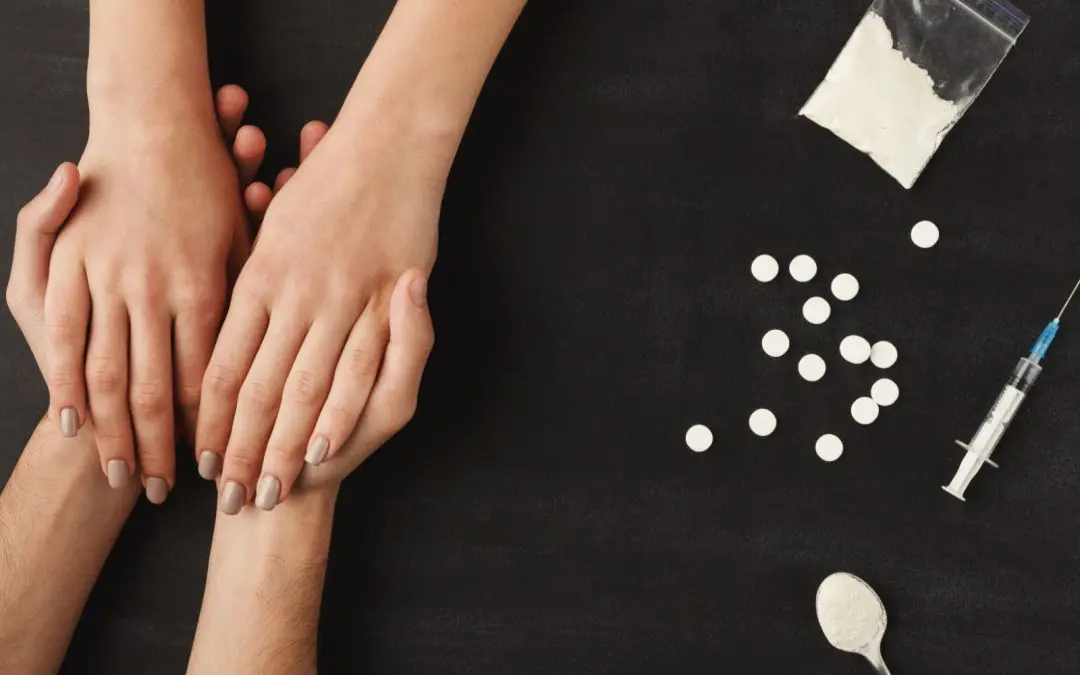24/7 Helpline:
(866) 899-221924/7 Helpline:
(866) 899-2219
Learn more about Dual Diagnosis Rehab centers in Hawaiian Gardens
Dual Diagnosis Rehab in Other Cities

Other Insurance Options

Sutter

CareFirst

Private insurance

Ceridian

American Behavioral

BlueShield

GEHA

Optum

CareSource

Horizon Healthcare Service

Sliding scale payment assistance

Premera

UMR

Evernorth

Meritain

Magellan Health

WellPoint

Ambetter

Health Net

Lucent

Hawaiian Gardens Medical & Mental Health
Hawaiian Gardens Medical & Mental Health is a private rehab located in Hawaiian Gardens, CA. Hawaiia...











